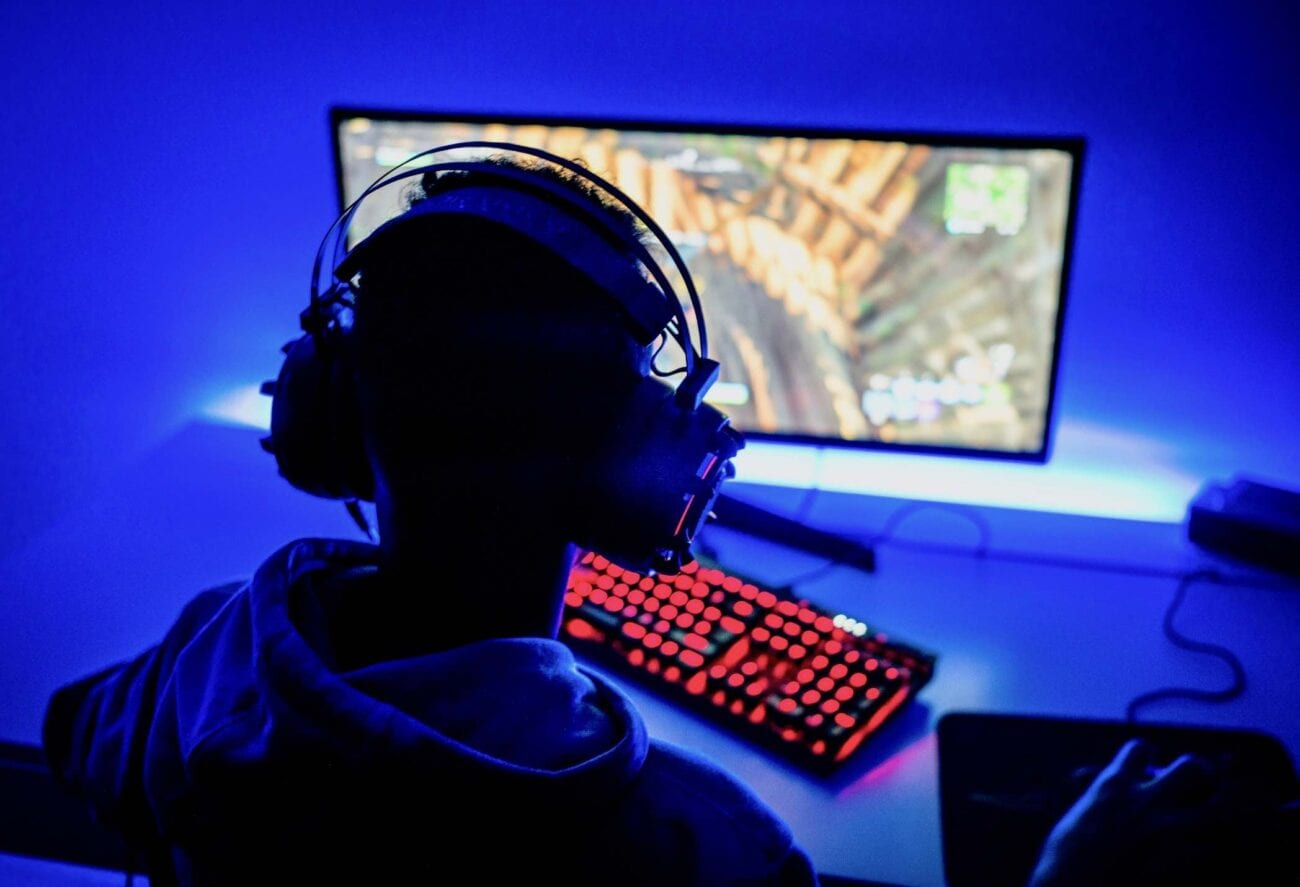Steps to become a professional gamer

Find your motivation
As with everything in life, it is important to play esports for the right reasons. That you like to compete, the satisfaction of growing as a player and the feeling of contributing to a team and a community are all valid reasons to play. For example playing Joker Game.
In the long run, positive motivations are what keep players involved. Players who are motivated by money, fame, and quick success, on the other hand, will likely burn out before turning pro. That you like the game will make a big difference during daily practice as you acquire the skills to become a pro.
Choose your game
The next step is to find your game. At this point there are two schools of thought: Pick an emerging game or go for a well-established game.
The value of choosing a game that is established as Esport is that the infrastructure and resources are already in place to support professional gaming. Long-standing esports titles like League of Legends, Dota 2, and CounterStrike: Global Offensive ( CS: GO ) have dedicated player bases and, by extension, sponsored tournaments with lucrative prizes. The downside is that they represent more difficult scenarios to enter for those just starting out.
When a game is emergent, players have the opportunity to help scrutinize the game and advance the meta, which tends to be more volatile and to accommodate different styles of play at the start. Founding gamers of games like Rocket League 2 and PlayerUnknown’s Battlegrounds 3 , for example, rushed to the center of the Esports scene. That said, there is also the risk that the competitive scene will not thrive, at which point you may have to choose another game.
Our advice is that you try several and keep the one that you really like. You are going to play it a lot.
Join the community
Professional gaming is as much about individual talent as it is about the culture that surrounds the game. Before spending too much time learning the details of a specific game, spend some time browsing forums and other places where players congregate. Experience will better tell you what awaits you ahead, and you will be able to judge whether that professional gamer path is aligned with your personal goals and motivations.
Immersing yourself in a gaming environment is critical to your career advancement, so make sure you enjoy the company of other players. In a sense, you can capture the more detailed aspects of a game’s meta through message boards, forums, and YouTube channels. Players need to interact with each other to stay up-to-date with the meta evolution and also to iterate through it, in turn contributing to the environment to which they belong.
Also, the community is a great motivation to stay involved in a game long term.
Get ready
Make sure you’re playing with the right gear, which starts with a good gaming mouse and mechanical keyboard. There are many options when it comes to peripherals, which vary in size, format and sensitivity, but ideally, you should choose the one that works best for you. For some ideas, listen to what Esports pros have to say about the gaming peripherals they use .
Whatever peripherals you choose, it’s good practice to use the same mouse and keyboard in every friendly match and every game. Just look at the current professionals. The equipment they use in gaming houses is the same equipment they will use to compete live. Familiarizing yourself with your peripherals will help you transition into a tournament environment, where nerves and pressure come into play.
Consistency also plays a role when it comes to hardware. Organizers of professional gaming events take great care to select components that do not hurt the game with lags or erratic frame rates. The performance of the gaming laptop or desktop must be up to par. For more information on how to improve your gaming experience, check out our guides on what to look for in a processor, gaming monitor, and storage space.
Practice
With in-game or external opponent search services like ESEA, it’s easy to find someone to play against. But if you want to win, you will have to practice.
First, master the mechanics of the game. Concentrate on acquiring specific skills for the game until they are incorporated into your muscle memory. Whether it’s a last hit in a MOBA, precision aiming in an FPS, or maximizing actions per minute in an RTS, these skills never lose their importance. Professional players practice mechanics tirelessly to stay in shape and make very small improvements, but players just starting out must improve dramatically with practice.
As you polish your skills, start researching the more general strategy of the game. A good Esport has many levels of strategy, ranging from situational strategy, such as the role of a jungler lurking between the lines, to the higher-level meta. Understanding your role in a given situation is a good starting point, as the meta used by professionals, such as the almost unstoppable GOATS strategy that dominated Overwatch League Season 1, can be too difficult to coordinate for newcomers .
Still, there is a lot to be gained by looking at the best players. Both videos and live streams are great resources for learning good gaming habits and providing a benchmark for how you should play.
Later, as you get better, replaying your own games will allow you to analyze your playing style and learn from your mistakes. All the best players do.
Go forward
If you want to become a professional, it requires a strong desire to win in each phase of the competition. This means moving up the scoreboard in spontaneous playgroups (pick-up), leveling up to search for opponents (matchmaking), and reaching the end of a tournament.
Familiarize yourself with the hierarchy of competition levels, since each Esport has its own system in place to attract new players to the field. In CS: GO , for example, a gamer often progresses from public games to finding partners, and then to leagues and tournaments. There will be different trajectories for different Esports.
The promotion allows young players to make a name for themselves. This could help them land a spot on an amateur team (or a slot in a sub-community for individual gamers), which in turn can be a stepping stone to a professional gaming organization.







